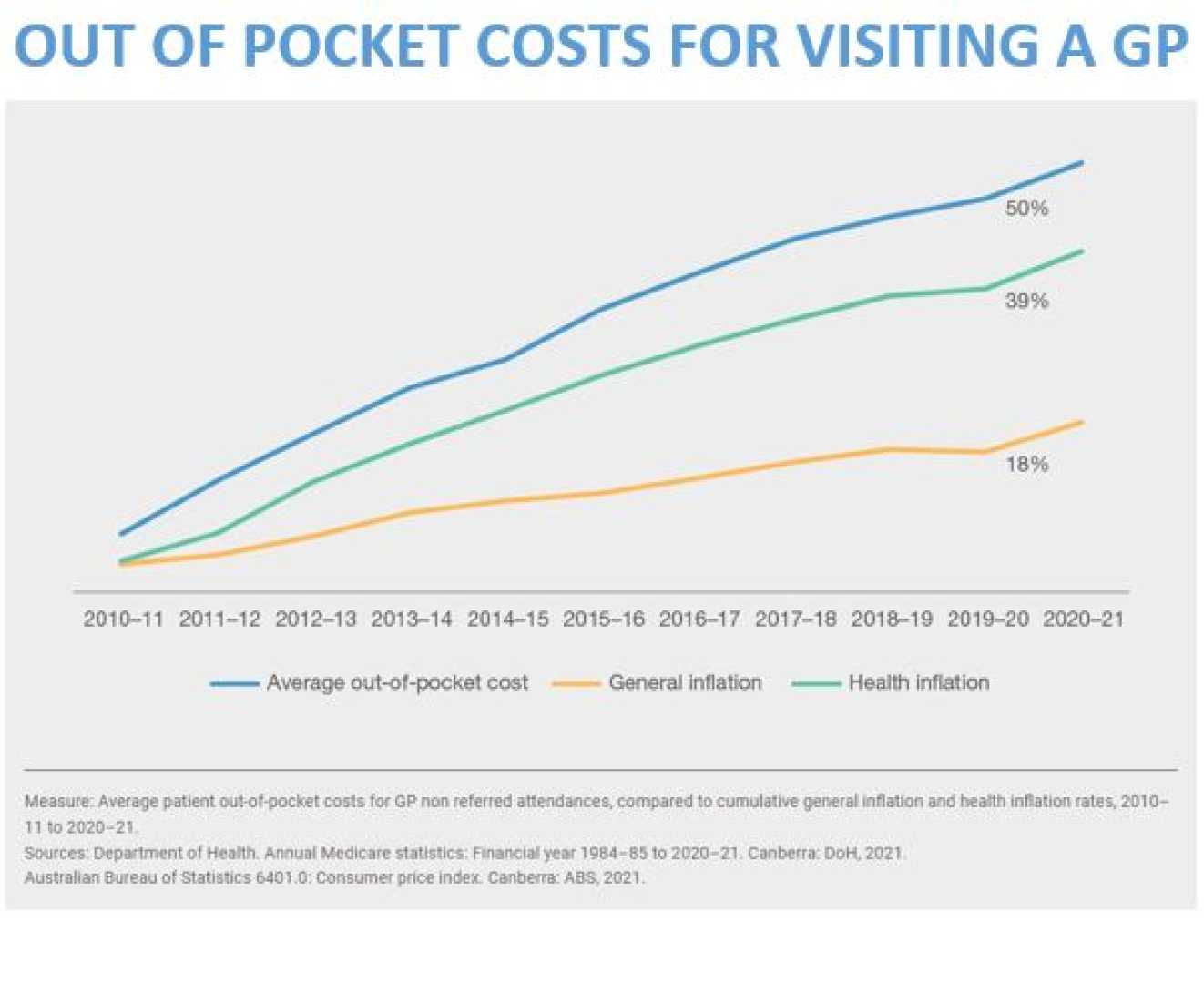News
NDIS Funding Cuts Shun Non-Essential Services and Lifestyle Purchases

The National Disability Insurance Scheme (NDIS) has unveiled an official list detailing what taxpayer funds will and will not cover, striking out certain therapies, lifestyle purchases, and expenditures more fittingly covered by state government initiatives. This move, announced by outgoing NDIS Minister Bill Shorten, aims to streamline funding and refocus the scheme’s spending on its core objectives.
On Tuesday, before the new regulations go into effect later this week, Shorten clarified the updated restrictions. “At long last, there will now be a central list of what NDIS participants can spend their money on and what they can’t spend their money on,” he stated. Explicitly excluded under the new laws are spending on rent, food, holidays, drugs, alcohol, and sexual services.
The scheme’s funding will no longer cover rent, rental bonds, home deposits, mortgages, donations, political contributions, spa treatments, or groceries as part of standard provisions. Certain therapeutic practices such as tarot reading, clairvoyance, cuddle therapy, reiki, shamanic healing, hypnotherapy, reflexology, aromatherapy, yoga, and sound therapy have also been prohibited.
A Senate estimates session exposed cases where unscrupulous providers had misused the NDIS support. These providers reportedly led participants to ATMs to withdraw cash for illicit activities and encouraged the use of funding for vacations. Shorten emphasized, “If someone tries to start taking advantage of NDIS participants or taxpayer money, this is now clear. There’s stuff which is just, should never really been in, but now no chance of it getting on.”
The updated guidelines specify that other taxpayer-funded systems should cover services such as homeschooling and medications available under the Pharmaceutical Benefits Scheme (PBS) or Medicare. The NDIS will not pay for mainstream health services like ambulance services or “hospital in the home” care.
El Gibbs, from the Disability Advocacy Network Australia, expressed concern about potential financial repercussions for individuals reliant on now-forbidden support. “People are very concerned about how many people with disability may end up owing large amounts of money to the NDIS, after these new rules come into place,” Gibbs said.
The reformations follow a commission’s recommendation advocating for the return of the scheme to its essential function of supporting Australians with permanent disabilities and urging improvements in state and territory provisions for less intensive care. Without reform, the scheme, one of the government’s largest budgetary burdens, sloped towards a $100 billion expenditure within a decade.
In response, a 12-month transition period will be established for those currently receiving support that will transition to the non-eligible list. Additionally, new laws will introduce an assessment process for participants, discard the diagnosis list, and involve longer service plans with capped budgets releasing funds in intervals.
These measures represent the first wave of reforms for the NDIS, aiming to ensure the program remains sustainable and effectively serves those with permanent disabilities across Australia.












